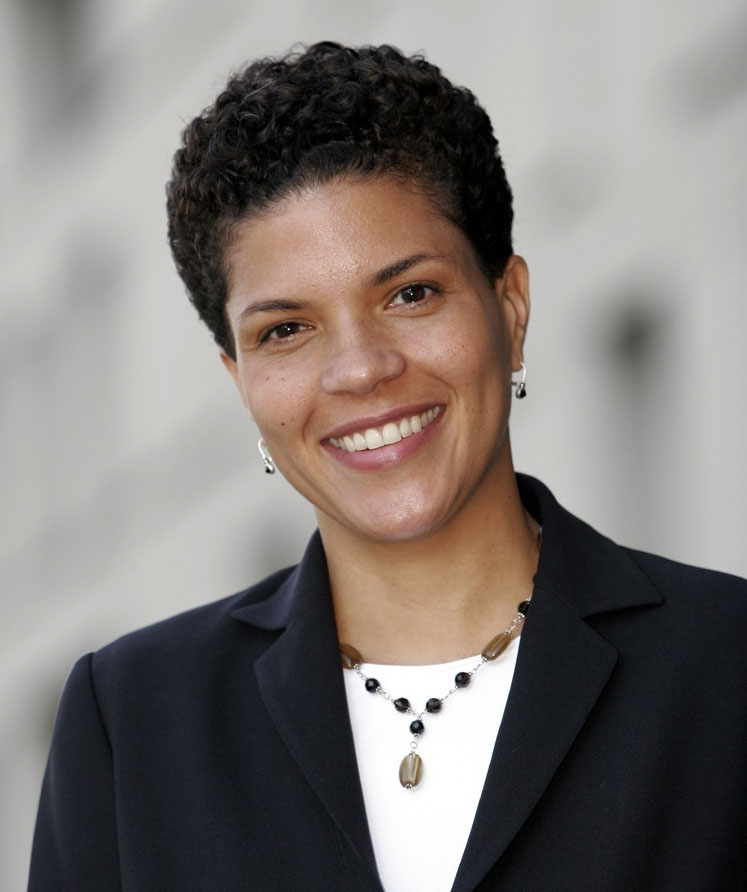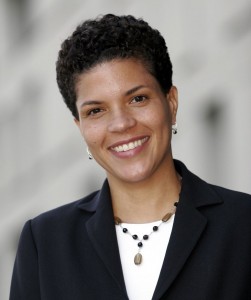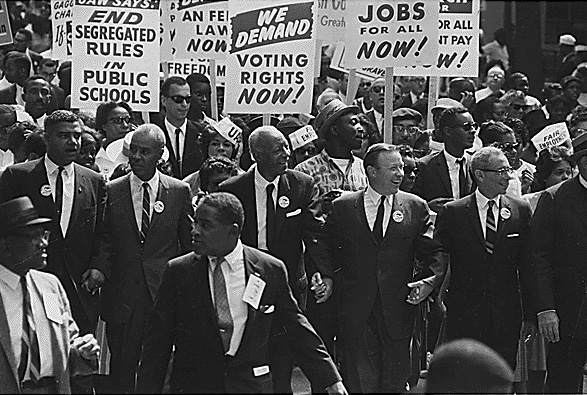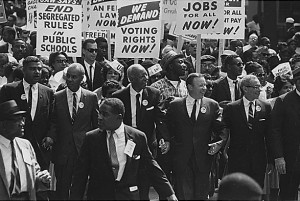 Will I get pregnant one day? I don’t know for sure, but you know who thinks they do . . . health insurance companies? I didn’t think it possible for an insurer to know whether I was going to get pregnant before I did, but remarkably, insurance companies seem to believe they know best. And because of this future and hypothetical baby that I might have, insurance companies are allowed to charge me a higher premium than my male counterparts.
Will I get pregnant one day? I don’t know for sure, but you know who thinks they do . . . health insurance companies? I didn’t think it possible for an insurer to know whether I was going to get pregnant before I did, but remarkably, insurance companies seem to believe they know best. And because of this future and hypothetical baby that I might have, insurance companies are allowed to charge me a higher premium than my male counterparts.
Rhode Island law currently permits insurance companies to charge higher premiums to women over males – a common industry accepted practice known as gender rating. Insurance companies would argue that women are more expensive to cover due to their unique medical needs like mammograms, pap smears, and maternity costs. Yet, women can’t choose to have breasts or ovaries, but driving recklessly, abusing alcohol, and eating unhealthily are all choices that can negatively affect health among both men and women. Even so, women still pay higher premiums in the individual health insurance market (never mind the fact it’s been illegal in the group market for decades).
Still doesn’t make sense, right? Soon, under President Obama’s health care reform law, the Affordable Care Act, this discriminatory practice will be banned federally when most major components of the law go into effect. (Phew!) Yet… what about the next two years during which women of Rhode Island will continue to be charged higher rates? I think Rhode Island can do better – and I’m not the only one.
I suppose if we want to talk about the cost-benefit analysis of covering women who may become pregnant, it would make sense to take steps to prevent unplanned pregnancy and reduce those so-called ancillary costs to insurance providers. Following this logic, the HHS ruling late last month that requires all employers and health insurance plans provide birth control with no co-pays as a basic, preventative health measure really was one giant leap for woman kind to break the cycle of gender rating in insurance coverage.
Just last week, Brown University released a new public poll that found 56.8 percent of Rhode Islanders support birth control coverage with no co-pays. Meanwhile, Rhode Islanders are almost evenly split on Mr. Obama’s recently issued requirement that church-related organizations such as colleges and hospitals to cover birth control in their employee insurance coverage. The survey found 47.5 percent in favor of the policy and 47 opposed. Might this public approval around contraception and empowering women to plan their parenthood, be a strong sway towards equality between genders on issues of health care? One might hope. Eliminating gender rating in health care coverage and providing birth control as preventative, basic health care seems like progress.
The tides are shifting – women’s health care under a bright, if not glaring, national spotlight, and as Rhode Islanders, we have a unique opportunity to show our support. The reality, in terms of insurance premiums, is that each sex has their own unique set of health complications and risk factors – merely being female is not one of them. Just like over 40 years ago when the insurance industry voluntarily abandoned the practice of using race as a rating factor, so too should it abandon gender as a means of determining insurance premiums.
Unfortunately, Rhode Island is behind the curve on this issue. Nearly all of New England, with the exception of CT, has gender rating bans and regulations. We have an opportunity to use the public spotlight that has been placed on women’s health to show that Rhode Island stands for equal rights among women and men. It’s a no brainer. Women in seven surrounding states are already protected from this practice; it’s time for the Ocean State to do the same.
If you want to get involved, and advocate for Rhode Island to erase gender rating right out of RI health insurance, I encourage you to come to the RI State House this Wednesday & Thursday “at the rise” to participate in the following hearings:
Tuesday February 28 at the Rise (around 4:30 pm) Hearing Room 203 – House Committee on Corporations hearing on House Bill 71751, to eliminate gender rating in health insurance, sponsored by Rep. Donna Walsh.
Wednesday February 29 at the Rise (around 4:30pm) Hearing Room 212 – Senate Committee on Health & Human Services hearing on Senate Bill 2208, to eliminate gender rating in health insurance, sponsored by Senator Sue Sosnowski.

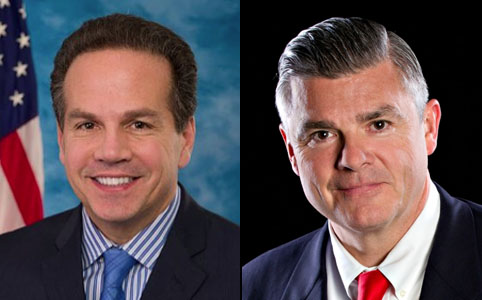
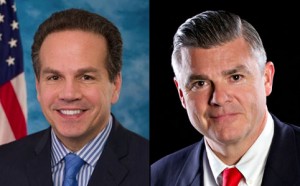
 This might also be the void that either an independent or a Moderate could step into. Lincoln Chafee eked out a close win by appealing to progressives and the base of support he had built up during his tenure in the U.S. Senate. It’s not inconceivable that an independent could avoid the trouble of a Democratic primary while utilizing an aggressive media strategy to get their name in the news. This might also be the race that the Moderate Party could attempt to take on, but no candidates seem to be forthcoming, indeed, the Moderate Party has not even deigned to issue attacks on either candidate. There might be some advantages for an independent or Moderate candidate, since both national parties have damaged their brands severely over the last few years.
This might also be the void that either an independent or a Moderate could step into. Lincoln Chafee eked out a close win by appealing to progressives and the base of support he had built up during his tenure in the U.S. Senate. It’s not inconceivable that an independent could avoid the trouble of a Democratic primary while utilizing an aggressive media strategy to get their name in the news. This might also be the race that the Moderate Party could attempt to take on, but no candidates seem to be forthcoming, indeed, the Moderate Party has not even deigned to issue attacks on either candidate. There might be some advantages for an independent or Moderate candidate, since both national parties have damaged their brands severely over the last few years.